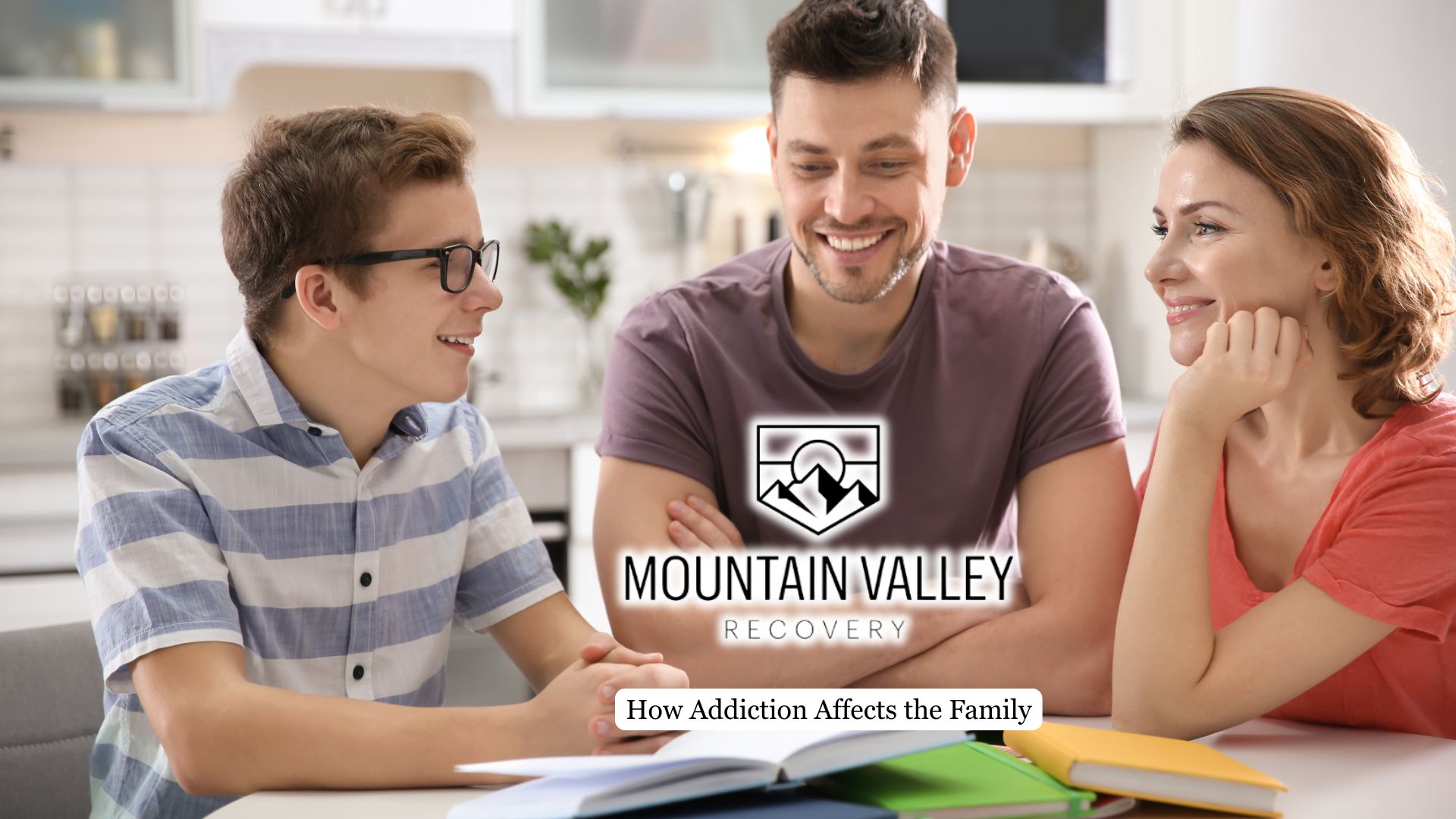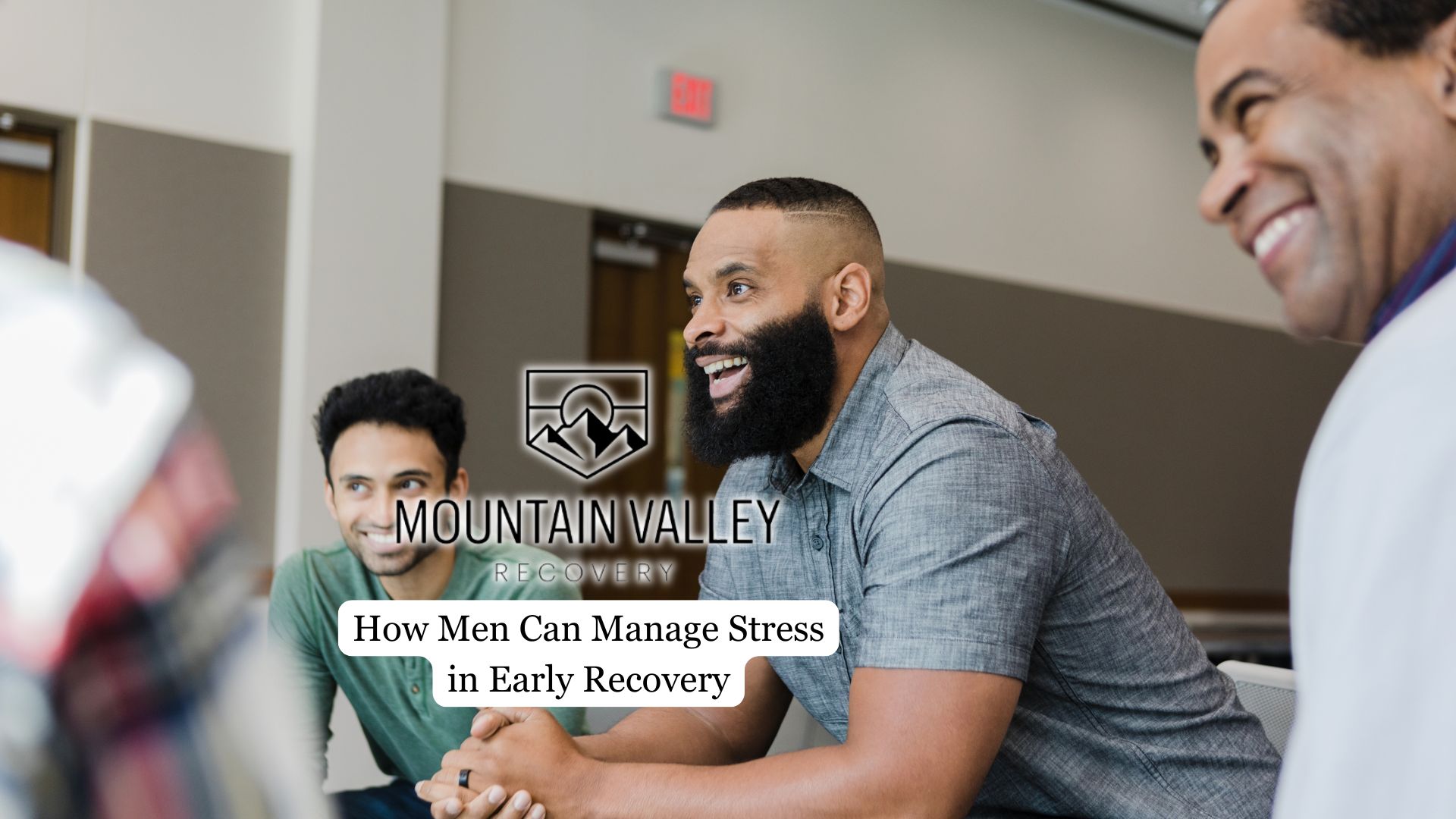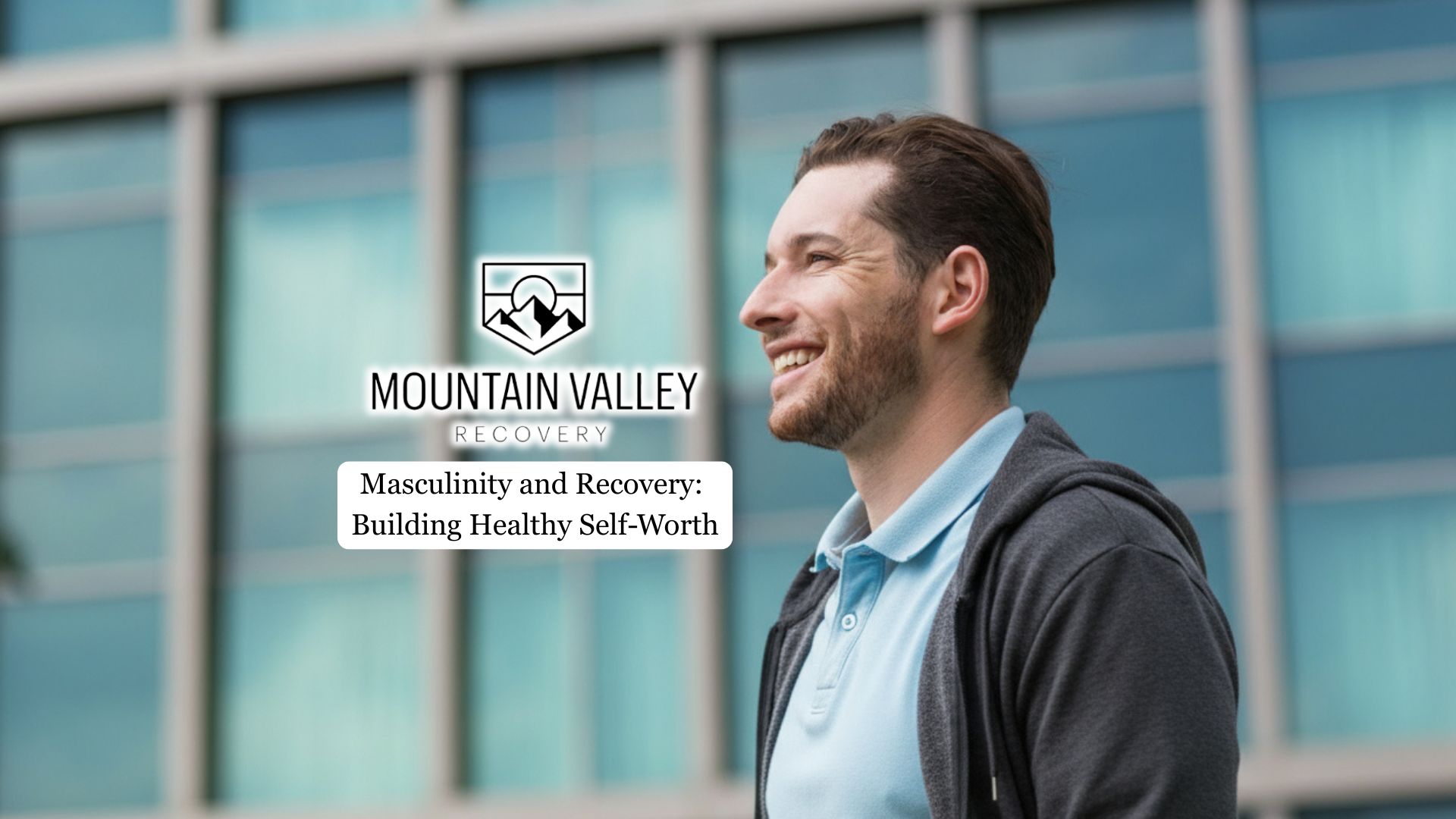Substance dependence is often viewed as an individual struggle, but its impact reaches far beyond the person experiencing it. Loved ones are deeply affected, facing emotional, financial, and relational challenges that can last for years. Understanding how this condition disrupts the household system is crucial to addressing the broader consequences of substance use and supporting long-term recovery.
This article explores the many ways dependency shapes family life and highlights why treatment and support matter.
Emotional Toll on Loved Ones
When a family member struggles with substance abuse, loved ones often carry an emotional burden that is difficult to put into words. Parents may live in constant fear of receiving devastating news, while spouses may wrestle with anger, betrayal, and heartbreak. Children often feel confused and isolated, unsure why their parent behaves unpredictably. Over time, these emotions can turn into anxiety or depression, leaving lasting scars.
The constant cycle of hope and disappointment makes it hard for households to regain a sense of stability, and the emotional weight can affect everyone’s quality of life. For men in particular, unspoken expectations to appear strong or unemotional can prevent them from acknowledging how deeply they are affected. These emotional struggles are closely tied to the substance itself, as the unpredictable behaviors and consequences of substance use create instability. Recognizing these challenges highlights why seeking a comprehensive addiction treatment program is essential not only for the individual but also for the family’s healing and restoration.
Strain on Relationships
Substance misuse often results in broken trust and weakened bonds within the household. Spouses may feel deceived by repeated lies about substance use or false promises to quit. Siblings may experience resentment if they feel overlooked or if most attention revolves around the addicted individual. Fathers or male partners struggling with addiction may withdraw emotionally or become distant, leaving their loved ones feeling unsupported and disconnected.
Children may lose their sense of security when faced with conflict and neglect at home. These strained relationships often create distance, and even when recovery begins, repairing trust can take years of consistent effort and communication. A therapy for recovery can be an important tool during this process, offering direction on how to rebuild trust and navigate healing together.
Impact on Children
Children growing up in a household affected by drug and alcohol misuse face unique challenges that shape their development. Many assume adult responsibilities at a young age, such as cooking meals or caring for siblings, because their parents are unable to fulfill these roles. This reversal of roles, often called “parentification,” robs children of a stable childhood and creates long-term challenges in forming healthy relationships.

When a father or male caregiver is struggling with substance use, children may feel the absence of a protective figure, which can heighten feelings of insecurity and instability. Sons, in particular, may experience conflicting emotions, torn between anger toward their father and the pressure to follow in his footsteps. Exposure to conflict, neglect, or even abuse tied to these struggles can also increase the risk of trauma and future substance misuse.
Financial and Practical Challenges
Addiction often places enormous strain on financial stability. Resources that should cover rent, groceries, or education may instead be spent on sustaining a substance habit. Job loss or legal issues caused by substance use create additional hardship. Households may face eviction, debt, or the loss of valuable assets, compounding the stress they already feel.
In situations where men are traditionally the primary earners, the financial fallout from drug dependence can be particularly devastating, leaving loved ones without a stable source of income. Spouses and children may struggle to adjust, and resentment may build when basic needs are left unmet. These struggles are not only practical but also deeply emotional, as those within the home may feel trapped in a cycle of instability and insecurity. The constant strain of meeting basic needs under these conditions can take a heavy toll on overall morale.
The Cycle of Mental Health and Substance Use
Substance abuse is often intertwined with broader mental health challenges. A person’s drug dependence may stem from untreated anxiety, depression, or trauma, while the household’s experience of living with addiction can also generate serious mental health effects. Spouses may develop stress-related disorders, while children may struggle with feelings of shame and confusion that last into adulthood.
For male family members, the stigma surrounding mental health and addiction can make it even harder to seek help, intensifying the cycle of silence and struggle. Men may avoid treatment for fear of judgment, leaving underlying issues unresolved and relationships further strained. The constant state of tension in the home can create a climate of fear and instability, making recovery even harder to achieve. Without proper treatment and household support, these patterns of mental health struggles and substance use often repeat across generations.
Final Thoughts from Mountain Valley Recovery
Addiction’s impact extends well beyond the individual, disrupting loved ones emotionally, financially, and relationally. Recognizing these effects is the first step in creating healthier paths forward for both the person struggling and those closest to them. Healing takes time, but with education, therapy, and support, households can rebuild stronger foundations.
At Mountain Valley Recovery, we understand how addiction affects not only individuals but also the people around them. Our rehab programs in Utah emphasize family involvement, evidence-based therapies, and compassionate care designed to help men rebuild their lives and repair broken relationships. With the right guidance and support, recovery can restore balance, trust, and hope for the future.





